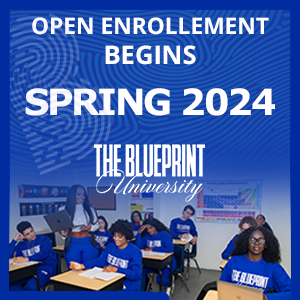Photo Credit: Wikipedia
There are many consequences to financial inequities that burdened underserved communities, but chief among them is The Racial Wealth Gap.
You have probably heard these words, The Racial Wealth Gap or Racial Wealth Divide, a lot if you have been following the election this cycle. With a healthy helping of cynicism, I acknowledge the effort that the Democratic Party is putting in to speak about wealthy inequality, the manifestation of the consequence of inequities in access to financial services, in a potentially promising way. Although they aren’t going as far as they should by comprehensively discussing reparations, apparently, that is a bridge too far on the journey to make people who were intentionally left out of the system that created opportunities for generational wealth whole. The candidates and thought leaders on this subject rightly acknowledge that the gap is exponentially increasing and will only begin to decrease through an intentional approach to dismantling systems that created the consequences that we see today by providing necessary access to financial services.
What are Financial Services?
Financial services are the local banks and credit unions in your community that you use to house your hard-earned money. The insurance companies that you use to protect your valuable assets, the investment companies that you visit to help you plan and prepare for your future. You don’t visit these institutions every day, but they are essential to the proper functioning of your everyday lives. Without a healthy balance of these in your community, alternative financial services such as check cashers, payday lenders, and pawnshops with predatory lending policies can gain footing and cause great harm. New America, Dr. Terri Friedline, and Mathieu Despard published an excellent, in-depth analysis of the importance of access to financial services in the 21st Century Economy. I encourage you all to take a look at it. I have had the pleasure of getting to know Dr. Friedline and learning from her vast knowledge on shining a light on and how to combat economic injustices. She walks the walk on allyship.
What does the absence of Financial Services look like?
Banking Deserts
Areas with critically insufficient traditional financial services and banks.
Economic Decline
Communities not being invested in by people, businesses and municipalities
Vulnerable Communities
Increased visibility of predatory lenders. People finding themselves using check cashers, payday loans, and pawn shops as a means to bridge financial gaps.
If you are interested in learning more about this topic, Dedrick Asante-Muhammad is someone that you should have on your radar. His writings on his website and through other publications, as well as his work as the Chief of Race, Wealth, and Community at the National Community Reinvestment Coalition, NCRC, are worth learning about.










